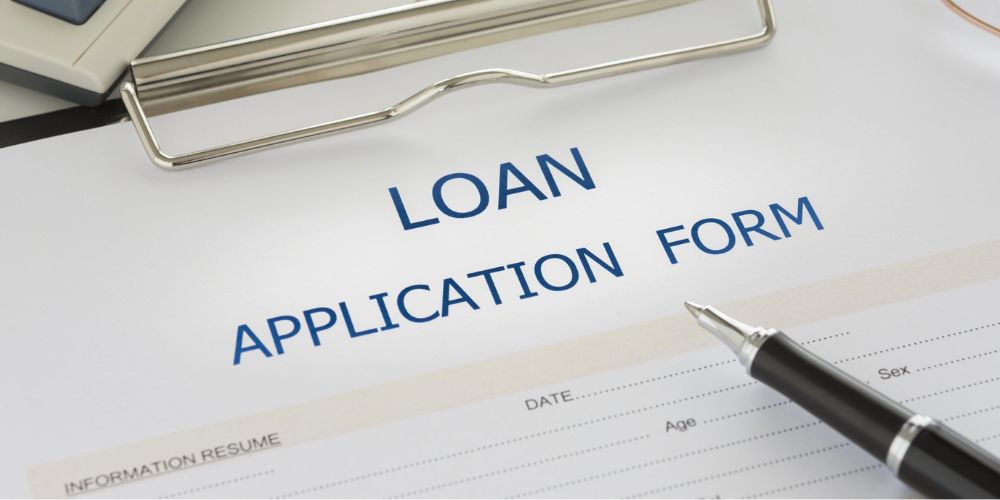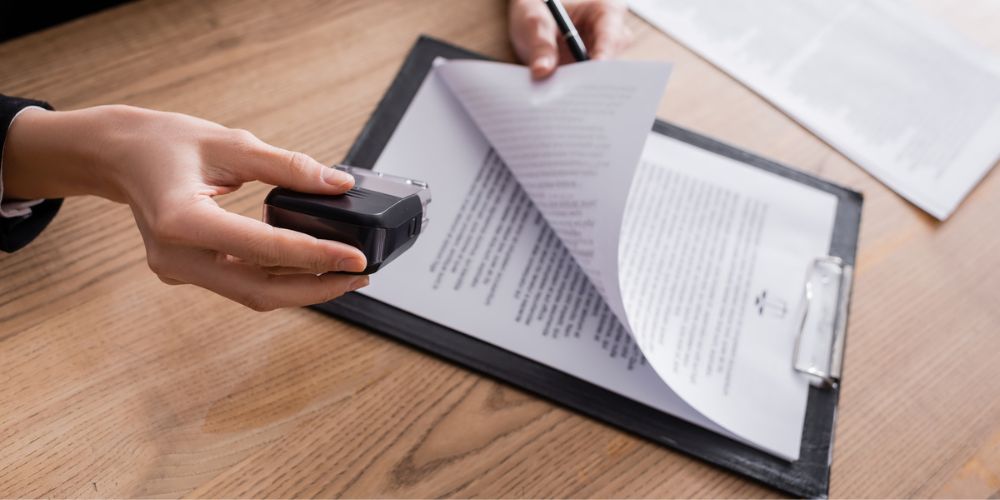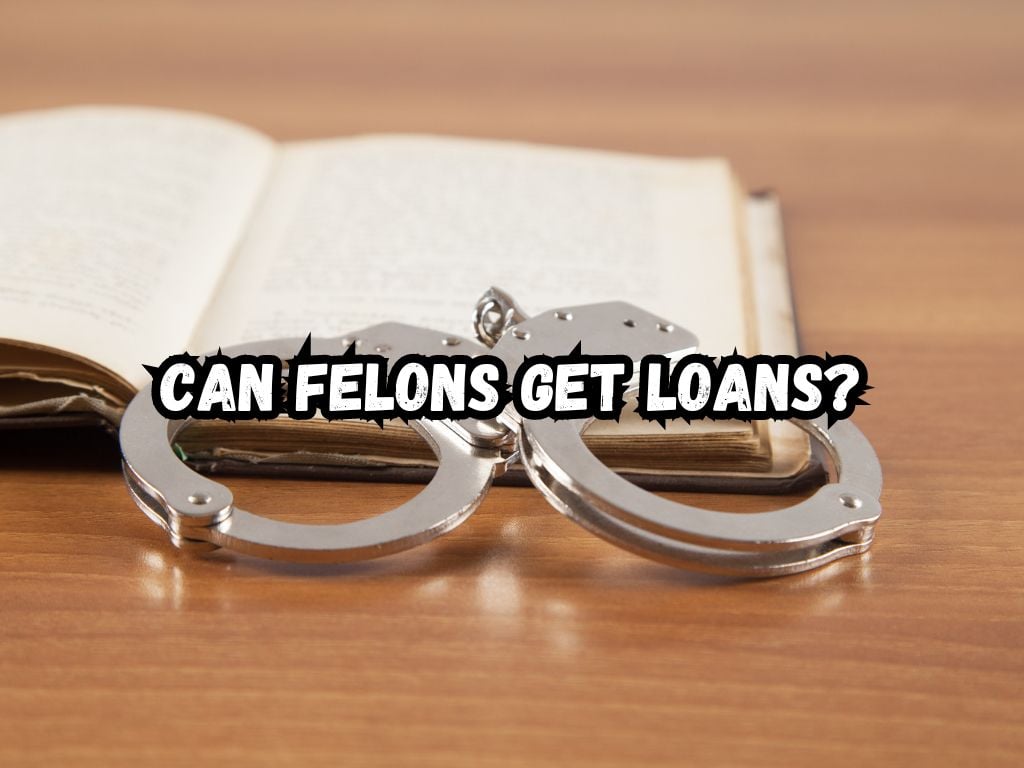People with felony convictions can face significant hurdles after serving their time, especially when it comes to financial matters. One common question that arises is whether a felon can secure a loan.
The need for financial support doesn’t vanish after a conviction; in fact, it often becomes more pressing. So, can felons get loans?
This article aims to shed light on the realities felons face in the loan market and guide them through the potential paths to financial assistance.
Understanding the Impact of a Felony Conviction on Financial Opportunities
A felony conviction can leave a lasting mark on many aspects of life, including one’s financial prospects.
It’s not just the social stigma; a criminal record can lower credit scores and flag trust issues. Despite these challenges, understanding the consequences and regulations is the first step toward financial rehabilitation.

Can Felons Get Loans?
Felons have access to a range of loan options, albeit with some limitations. Secured loans, those backed by collateral, and unsecured loans are both possibilities. Payday loans can seem like a quick fix but come with steep costs.
Traditional personal loans from banks might be harder to obtain, but peer-to-peer lending and online lenders offer alternatives. Microloans and nonprofit lenders may provide more favorable terms for those with criminal backgrounds.
Key Factors Lenders Consider
When a felon applies for a loan, lenders typically evaluate their credit history, employment, income, and existing debts.
Collateral can also play a big role for secured loans. Rebuilding a damaged financial profile takes time and effort, but it’s a crucial part of regaining lenders’ trust.
Pro Tips for Felons Seeking Loans
Improving credit scores is a marathon, not a sprint; it requires persistent, responsible financial behavior. Employment serves as a strong signal of stability, so securing a job can be a significant step toward loan approval.
Honesty is always the best policy. Hiding a felony conviction can lead to more significant issues. Finally, legal aids and resources are available to help navigate the tricky financial waters post-conviction.
Challenges and How to Overcome Them
Discrimination can still emerge during the loan application process, despite legal protections. Felons must know their rights and how to respond if treated unfairly.
High-interest rates and added fees can be a burden, so it’s vital to search for loans with the most reasonable terms. A guarantor or co-signer can boost approval chances but this comes with added responsibility.
Alternatives to Traditional Loans for Felons
Traditional loans aren’t the only financial support option for individuals with felony convictions. Alternatives such as government grants, which do not need to be repaid, can provide crucial support without the complex loan approval processes.
Community-based financial aid programs can offer more personalized support with fewer qualifications than traditional banks. Secured credit cards, where one deposits money as security, can help build credit effectively.
Additionally, personal networks like family or friends might offer loans with more flexible terms for rehabilitation and reintegration. These diverse choices offer practical paths to economic recovery and stability.
The Loan Application Process for Felons
Preparation is crucial. Gathering necessary documents and understanding the application can make the process smoother. Felons should be ready for any outcome and understand what each means for their next steps.

Resources for Financial Education and Assistance
No one needs to tackle the financial aftermath of a felony conviction alone. Numerous organizations specialize in aiding felons with their economic recovery. These can be invaluable for education and assistance.
Frequently Asked Questions
Can a felony conviction directly disqualify you from getting a loan?
No, a felony conviction does not directly disqualify you from getting a loan. Lenders mainly assess creditworthiness, income, and employment.
Are there government loans available specifically for felons?
There are no government loans designed specifically for felons, but some government-funded programs may assist felons in securing loans.
How can a felon improve their chances of getting a loan?
A felon can improve their chances of getting a loan by rebuilding their credit, maintaining steady employment, and possibly providing collateral.
Can a parole or probation status affect a felon’s ability to secure a loan?
Parole or probation status can affect a felon’s loan application, as lenders may view this as a risk factor in their stability and ability to repay.
Are there specific banks or financial institutions known to be more felon-friendly?
Some community banks, credit unions, and online lending platforms may be more open to working with individuals with felony convictions.
What rights do felons have against discrimination when applying for a loan?
Felons are protected from discrimination by the Equal Credit Opportunity Act, which ensures all applicants have a fair chance to obtain credit.
Conclusion
The journey from conviction to financial stability is undoubtedly challenging. Yet, with knowledge and determination, obtaining a loan is possible.
By exploring all available options and seeking guidance, felons can navigate the loan process and rebuild their financial lives.


 Tags:
Tags:










